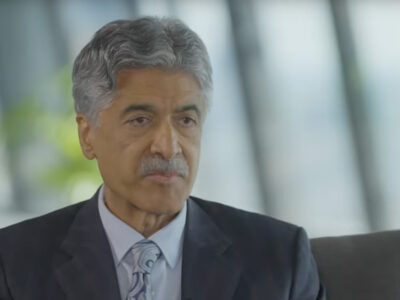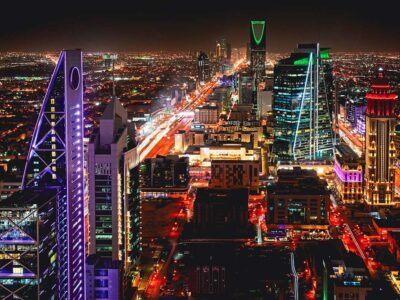The 29th Olympic Games, costing an estimated $40 billion and shrouded by political controversies, burst into life Friday with a spectacular opening ceremony.
President Hu Jintao was due to officially declare the Games open at the “Bird’s Nest” stadium at just after 6pm (Dubai time) in front of 90,000 spectators and a worldwide television audience of up to four billion.
The Olympic cauldron was to be lit by Li Ning, the Chinese gymnast who captured three gold medals at the 1984 Los Angeles Olympics.
The three and a half hour opening ceremony, directed by Oscar-nominated filmmaker Zhang Yimou, would see around 5,000 competitors from 204 nations parade in a lavish event, lit up by 35,000 fireworks.
In a country where eight is a lucky number, the ceremony burst into life at eight minutes past eight on the eighth day of the eighth month.
Organisers would welcome a dose of good fortune after seeing the Games, planned as the crowning acheivement of the country’s breathless economic transformation, often overshadowed by disputes over human rights, press freedom and unease in the West over Chinese foreign policy.
A colourful, tightly-choreographed hour-long opening show, shot through with themes from Zhang’s signature movies Hero and House of Flying Daggers, portrayed China’s colourful history from ancient dynasties to modern superpower.
Appropriately, 2008 drummers kept the rhythm as a host of dancers, acrobats and trapeze artists told the story of the Great Wall of China, the Silk Road and the country’s love affair with martial arts.
As tradition demands, Greece, the home of the ancient Olympics, were due to lead the parade of teams into the stadium.
But in a break from that famous tradition, the competing nations were poised to file through in the order based on the number of strokes of the names as written in Chinese characters.
As a result, Guinea were the first while hosts China brought up the rear led by flag bearer, and basketball superstar, Yao Ming.
The United States were to be led in by Sudan-born Lopez Lomong, a former refugee from Darfur, in a politically-charged choice given the criticism of Chinese foreign policy over the conflict in the African region.
South and North Korea, who failed to agree on marching in side-by-side were to follow one another instead.
Many heads of state were attending the opening ceremony.
They included US President George W. Bush and Russian Prime Minister Vladimir Putin, French President Nicolas Sarkozy, Japanese Prime Minister Yasuo Fukuda and South Korean President Lee Myung-Bak.
Before arriving in Beijing, Bush repeatedly highlighted during a speech in Thailand Washington’s “deep concerns” over religious freedom and human rights in China.
Australian Prime Minister Kevin Rudd, a fluent Mandarin speaker, also pledged to raise China’s human rights record with the Chinese leadership while Sarkozy sent China a list of prisoners and rights activists whose cases were a matter of concern for the European Union.
More than 100,000 security personnel have been called in to police the Games, amid fresh warnings of terror attacks from Islamic separatists while Beijing airport was also shut down just ahead of the start of the ceremony.
The streets were unusually quiet as many of the Chinese capital’s 17 million residents stayed at home after the city government declared a public holiday.







